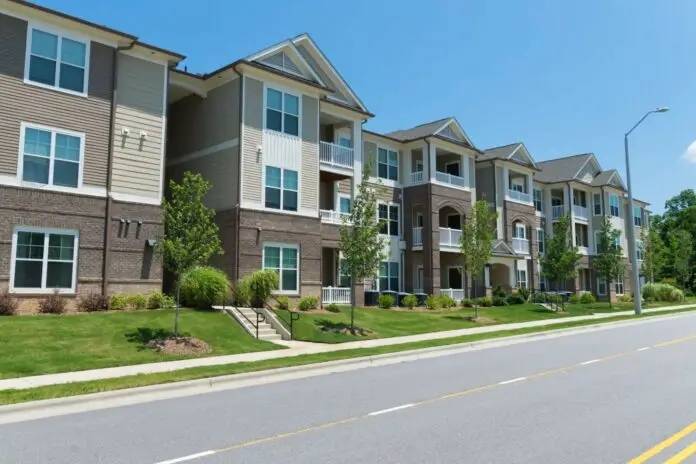Rental properties are a wise investment for many. They can provide a steady monthly income and protect your investment against inflation. It also has various tax advantages, where you can deduct mortgage interests, property taxes, and maintenance expenses from your income tax.
Unless you have the money lying around to buy a rental property, your best option is to get a mortgage. Our article will go over exactly that – how to get a loan for a rental property.
Mortgage for Primary Residence vs Rental Property
Loans for a primary residence and investment property, such as a rental property, are not alike. As an investment buyer, you won’t qualify for an FHA (Federal Housing Administration) loan, which typically requires a minimal down payment of 3.5% and a credit score of 580 or higher.
To get a loan for a rental property, you’ll need to look for mortgages for an investment property. These loans have higher interest rates and typically require 20% of the property’s purchase price as a down payment.
Your options for getting a mortgage for a rental property are more limited, but many lenders will grant you a loan if you meet their requirements.
Standard Process of Getting a Loan for a Rental Property
Below, you’ll find the typical process of obtaining a loan for a rental property, which serves as a good step-by-step how-to for getting a loan for an investment property.
- Get Pre-Qualified for Financing
Contact different lenders and shop for interest rates. You’ll need to provide lenders with basic financial information, such as your income, credit score, assets, and debts. If you qualify for their mortgage, you will receive a pre-approval letter indicating that you can obtain the loan based on the information provided.
2. Find a Rental Property to Buy
Once you’re pre-approved, search for a rental property that fits your investment criteria. If this is your first time investing in a rental property, consult a real estate professional. They can help you assess the potential of different rental properties, as well as the risks involved. You can also do a reverse address search to learn more about a property, such as previous owners and property details.
3. Gather Your Documents
Getting a mortgage for a rental property requires submitting various documents. You’ll need to provide documents proving your income and assets, tax returns, credit history, and other requested information. Additionally, you’ll need to provide documents informing the lender about the rental property you intend to purchase.
4. Apply for the Loan
Once you have all the documents ready for your mortgage, submit your loan application to the lender. Because you’re getting a loan for a rental property, note that the lender may ask for documents that aren’t typically required for primary residence loans. During this time, you’ll also need to pay the necessary application fees.
5. Wait for the Underwriting Process
After submitting your application to the lender, you’ll need to wait for the underwriting process to be completed. The underwriting process refers to the time your lender reviews your application and determines your eligibility for the loan. Depending on your financial background and lender, this process can take a couple of days to a few weeks.
6. Close the Loan
Once you get approval for the loan, you’ll need to close it. Schedule a closing day and time with the lender, seller, and other parties, such as real estate agents. Take a thorough look at all the documents required for closing the loan before signing. At this time, you may need to pay fees and costs associated with closing the loan.
Invest Wisely Before Getting a Loan for a Rental Property
The above summarizes how to get a loan for a rental property. It by no means should be taken as investment advice for those looking to invest in a rental property. If you’re planning to purchase a rental property, it’s best to speak to a real estate professional or financial advisor.
These professionals can help you understand whether a specific rental property is a good investment or investing in a rental property in general.

